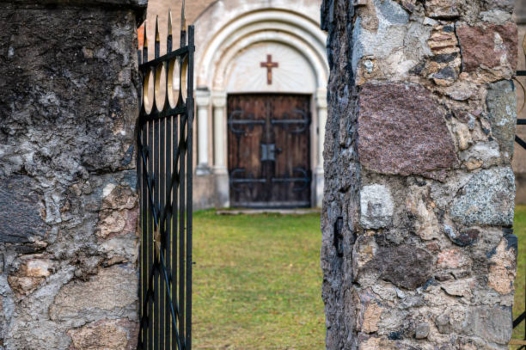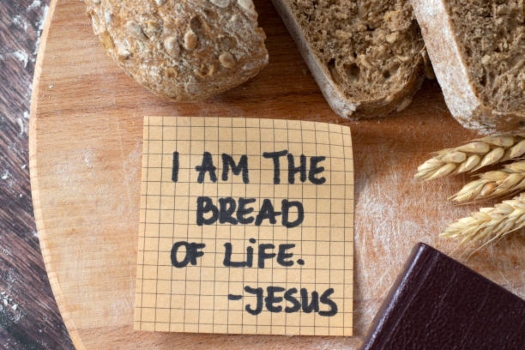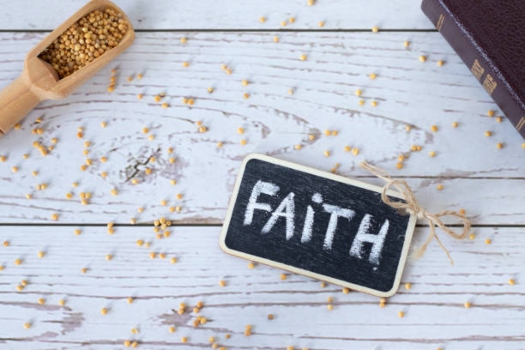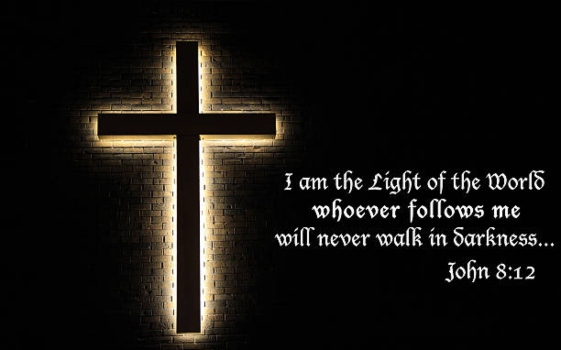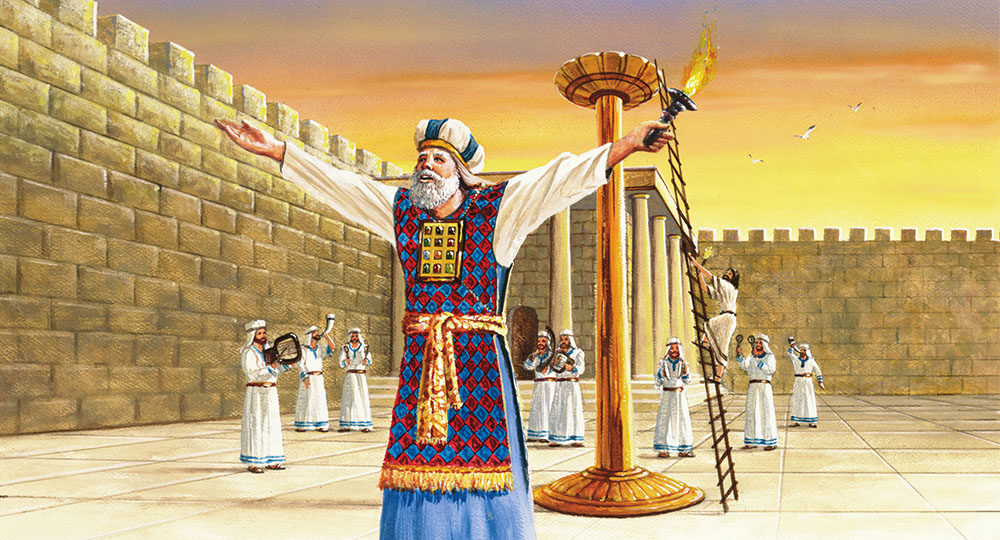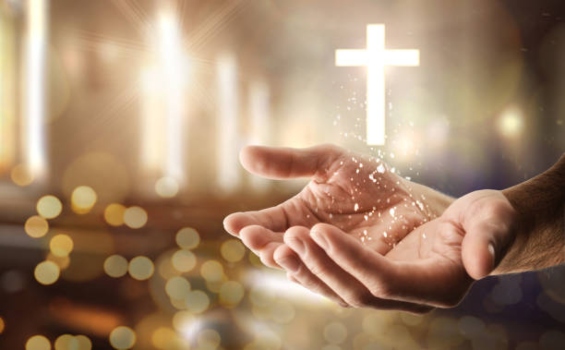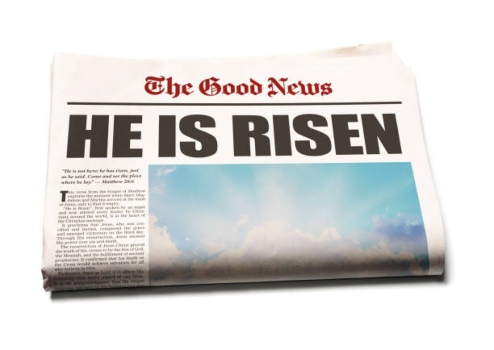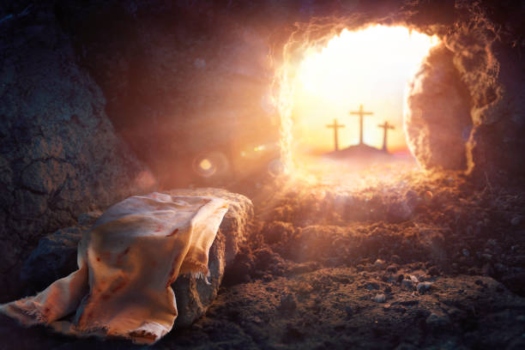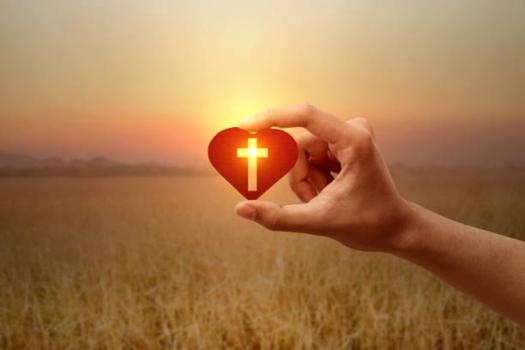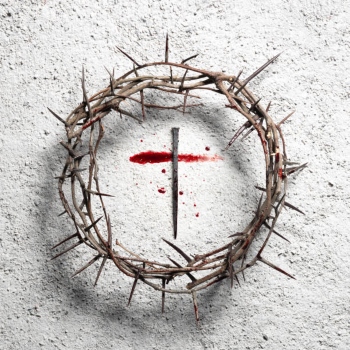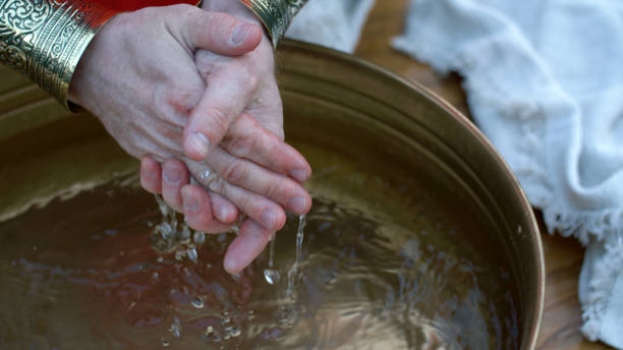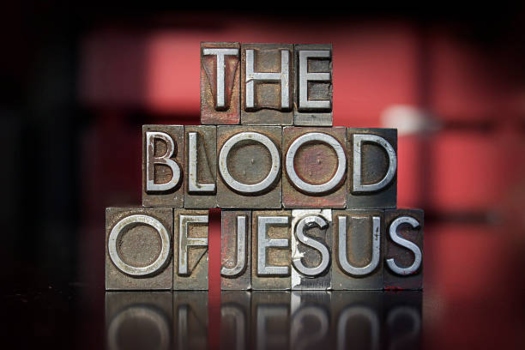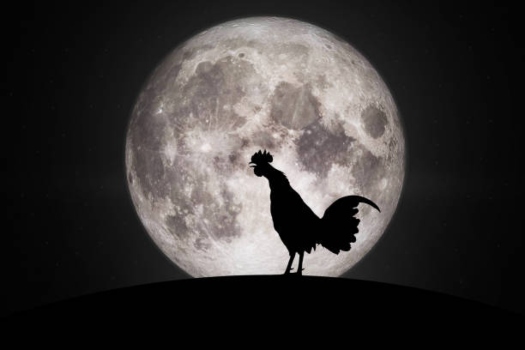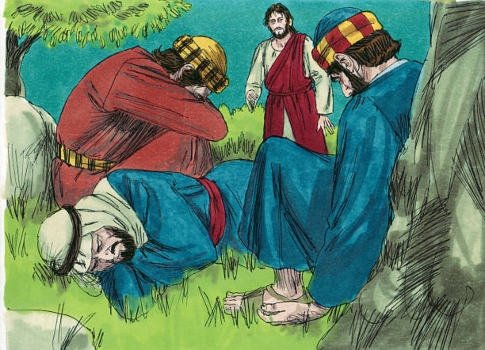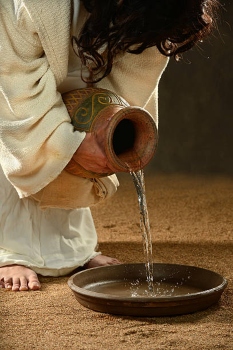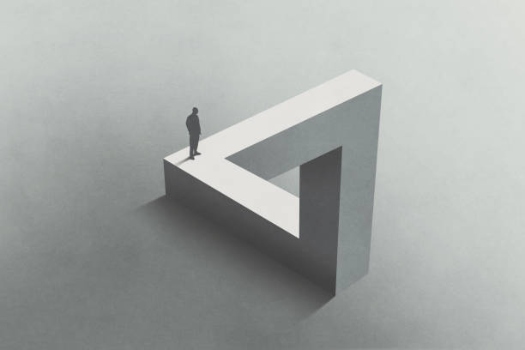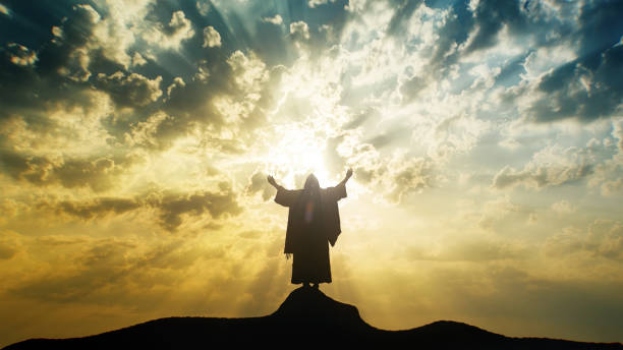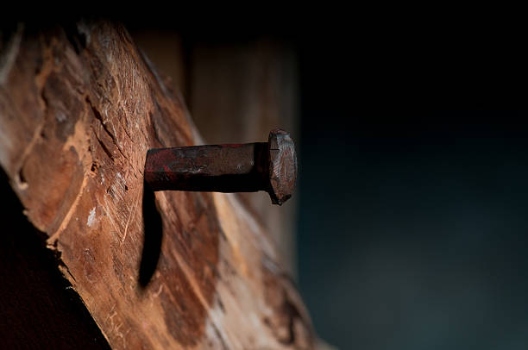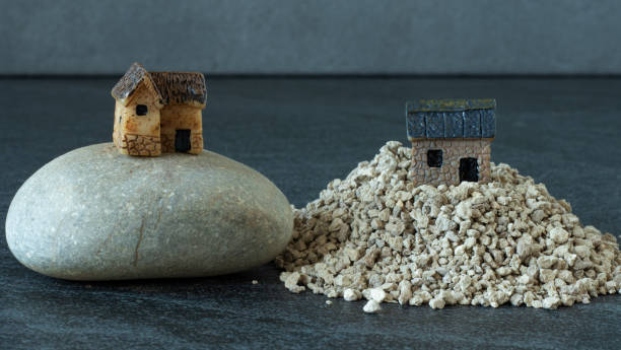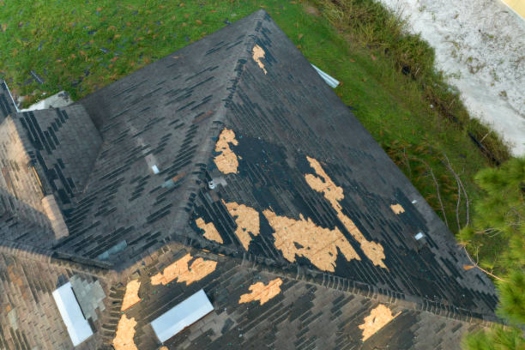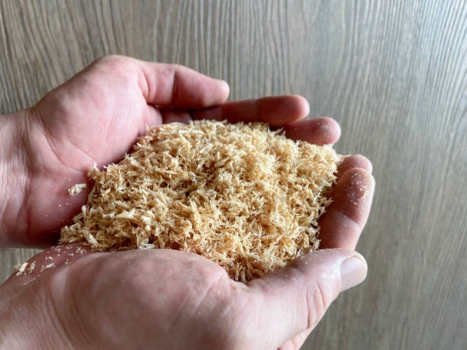And Don’t Sheep (We) Need These
We’re continuing with the “I Am” statements of Jesus this week. Today is a combination of two of these. “I am the gate and the good shepherd,” John 10:1-15.
In the Bible, sheep are used to represent people quite often and there’s a good reason for this. Having been around sheep in my childhood and then raising them as an adult … I get it.
Sheep aren’t terribly smart.

David is one of those who wrote about sheep in the Bible. After all, he had some experience with sheep having been a shepherd. He knew that the sheep needed to be penned up at night and protected from wild animals and thieves.
The only way in or out of the pen was through the gate. The shepherd had to open and close it because the sheep couldn’t. The shepherd also kept watch at the gate so thieves wouldn’t open it.
In Psalm 23, David uses this experience to give us an example of how God is our Shepherd. How He leads us down the right paths to good places. When we are in dark valleys, He will protect us.
God has our back like a shepherd.

Jesus is using these same examples when He’s talking with the Pharisees in John 10:1-15. He has just given a blind man sight on the Sabbath and the church leaders are mad at Him, because it was the Sabbath (John 9).
Jesus tells the Pharisees that they are blind and missing what’s most important. He tells them their sight is worse than the blind man’s. They aren’t seeing what’s right in front of them.
He goes on to tell them, “I assure you that whoever doesn’t enter the sheep pen through the gate but climbs over the wall is a thief and an outlaw. The one who enters through the gate is the shepherd of the sheep. The guard at the gate opens the gate for him, and the sheep listen to his voice. He calls his own sheep by name and leads them out. Whenever he has gathered all of his sheep, he goes before them and they follow him, because they know his voice.” (John 10:1-5)
Jesus spoke again, “I assure you that I am the gate of the sheep. Whoever enters through me will be saved. They will come in and go out and find pasture. The thief enters only to steal, kill, and destroy. I came so that they could have life—indeed, so that they could live life to the fullest.”
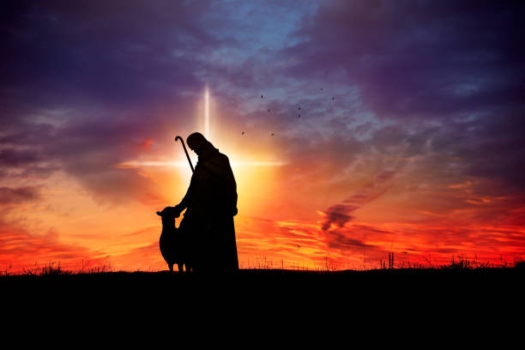
Shepherds were devoted to protecting their sheep. They would risk their lives. In 1 Samuel 17:33-37 when David offers to go face the giant, Saul tells him he is just a boy. David responds, “Your servant has kept his father’s sheep, and if ever a lion or a bear came and carried off one of the flock, I would go after it, strike it, and rescue the animal from its mouth. If it turned on me, I would grab it at its jaw, strike it, and kill it. Your servant has fought both lions and bears. This uncircumcised Philistine will be just like one of them because he has insulted the army of the living God. The Lord, who rescued me from the power of both lions and bears, will rescue me from the power of this Philistine.”
Jesus is our Gate and Shepherd.
Sheep do stupid things and so do we. So, follow the Good Shepherd.

